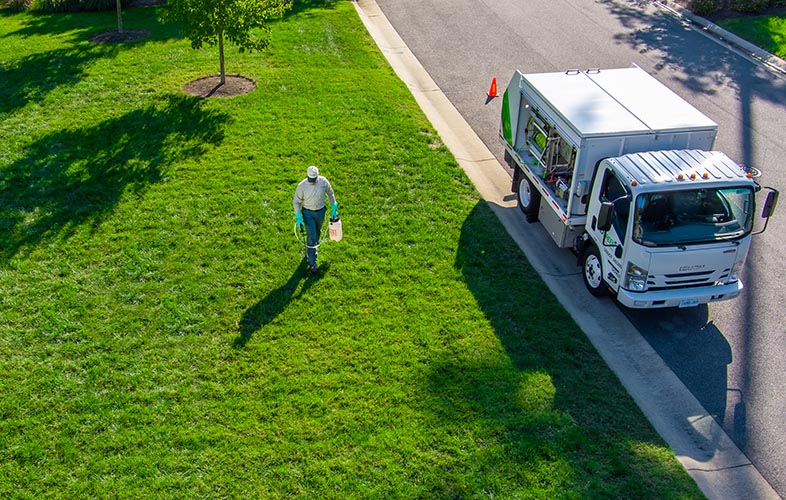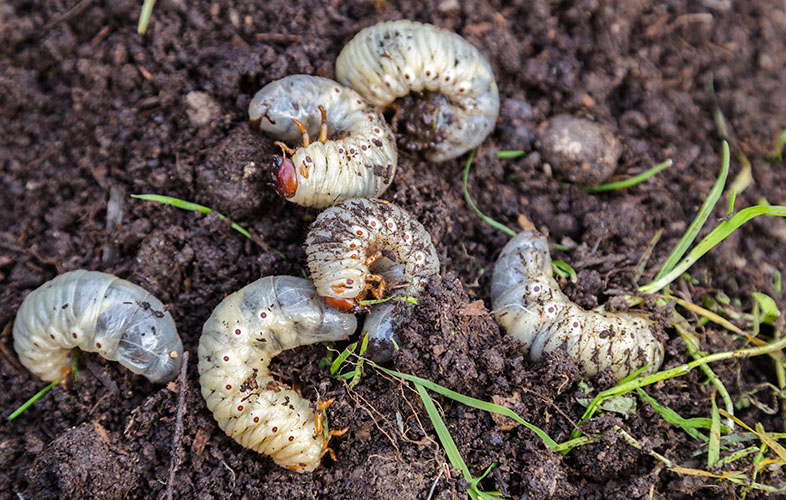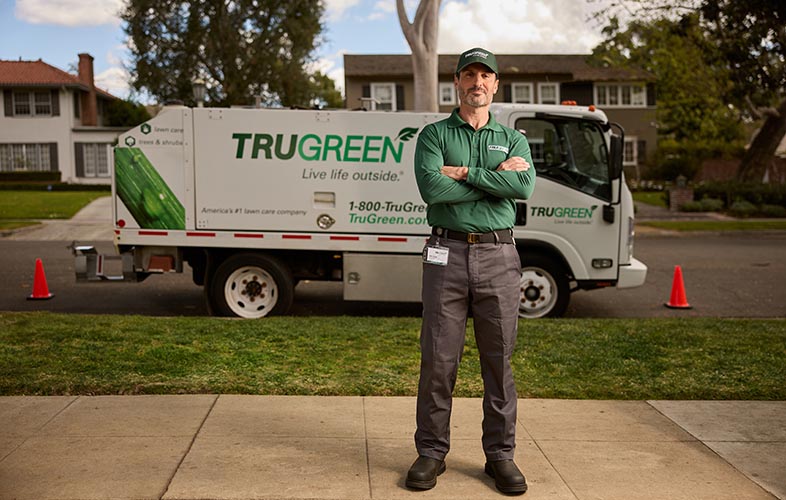Most homeowners know that mowing, weeding, watering and fertilizing or mulching are essential for a healthy lawn. Yet, according to a recent survey we conducted in partnership with Opinium, only 25% of homeowners have aeration and overseeding done.
Among those who do choose aeration and overseeding for their lawns, many do so in the wrong season. More than half of homeowners surveyed believe that it needs to be done in spring to prepare for the summer heat and clean up the dregs of winter. In fact, only 12% of homeowners know the best season for aeration and overseeding is actually late summer and early fall.
"Summer can stress your lawn with extreme heat, drought and foot traffic activities; however, aeration can provide some needed oxygen to get those turf roots growing again," said Brian Feldman, senior director of technical operations at TruGreen. "By addressing soil compaction and thatch buildup in late summer, aeration gives your lawn a chance to recuperate and improve its resiliency."
As a homeowner, you have dozens of responsibilities and tasks on your todo list. To make sure your lawn is aerated and seeded correctly, it's best to partner with a lawn care provider who can save you time and provide expert advice.


 Branch Finder
Branch Finder














Facebook
X
Youtube
Copy Link
Email